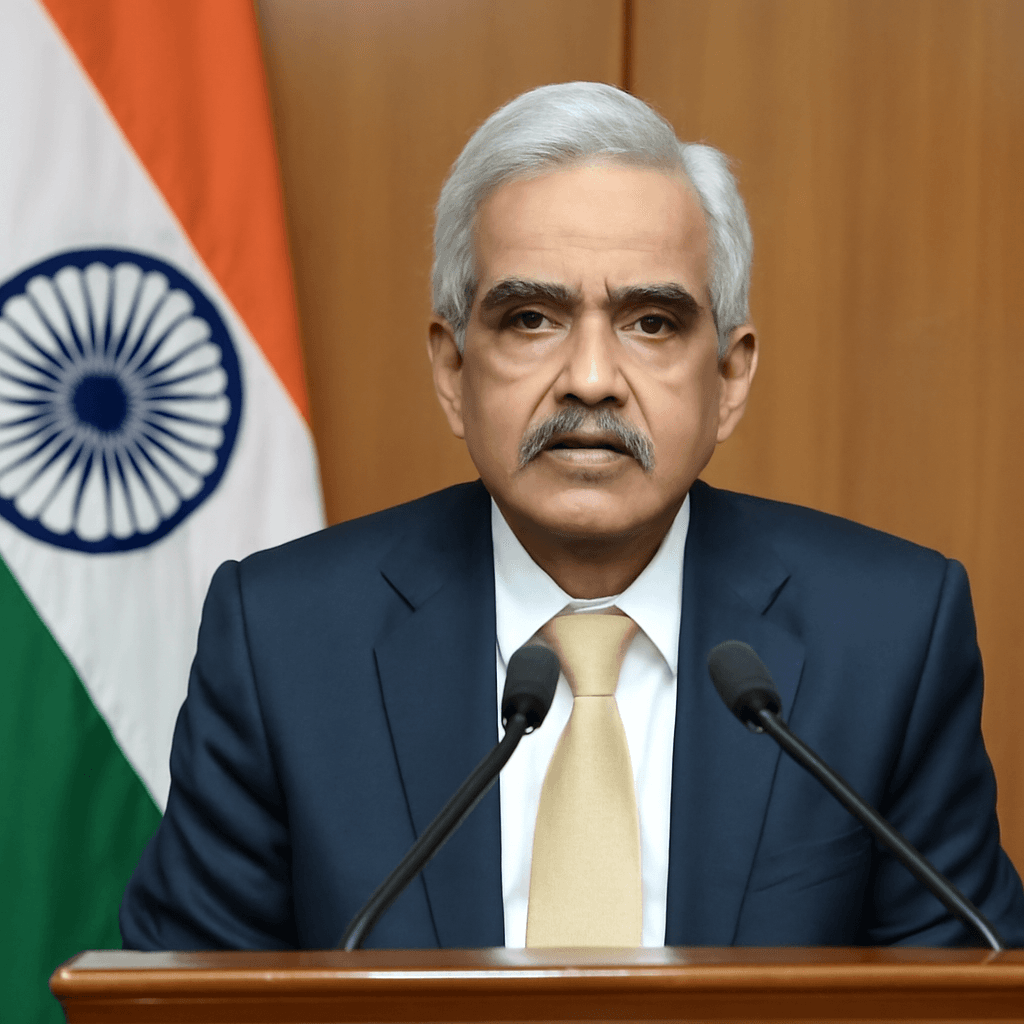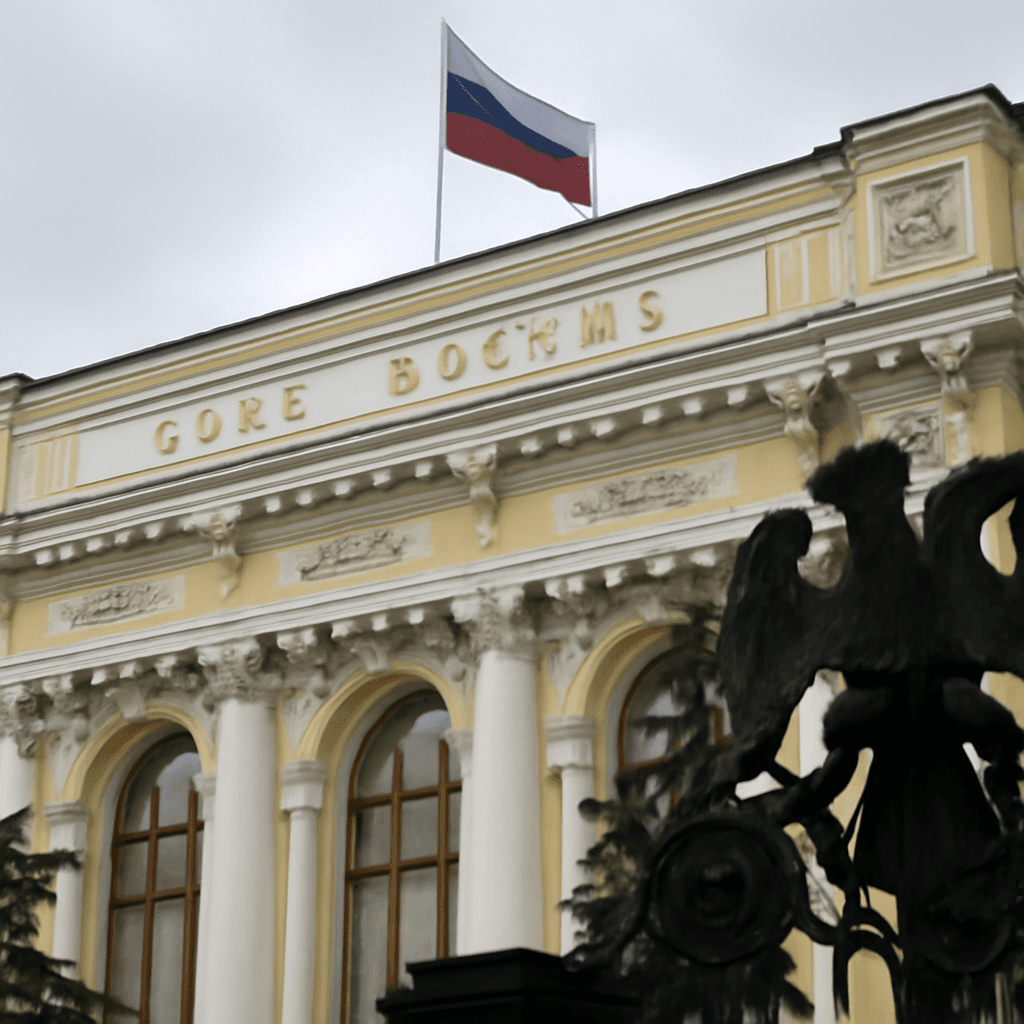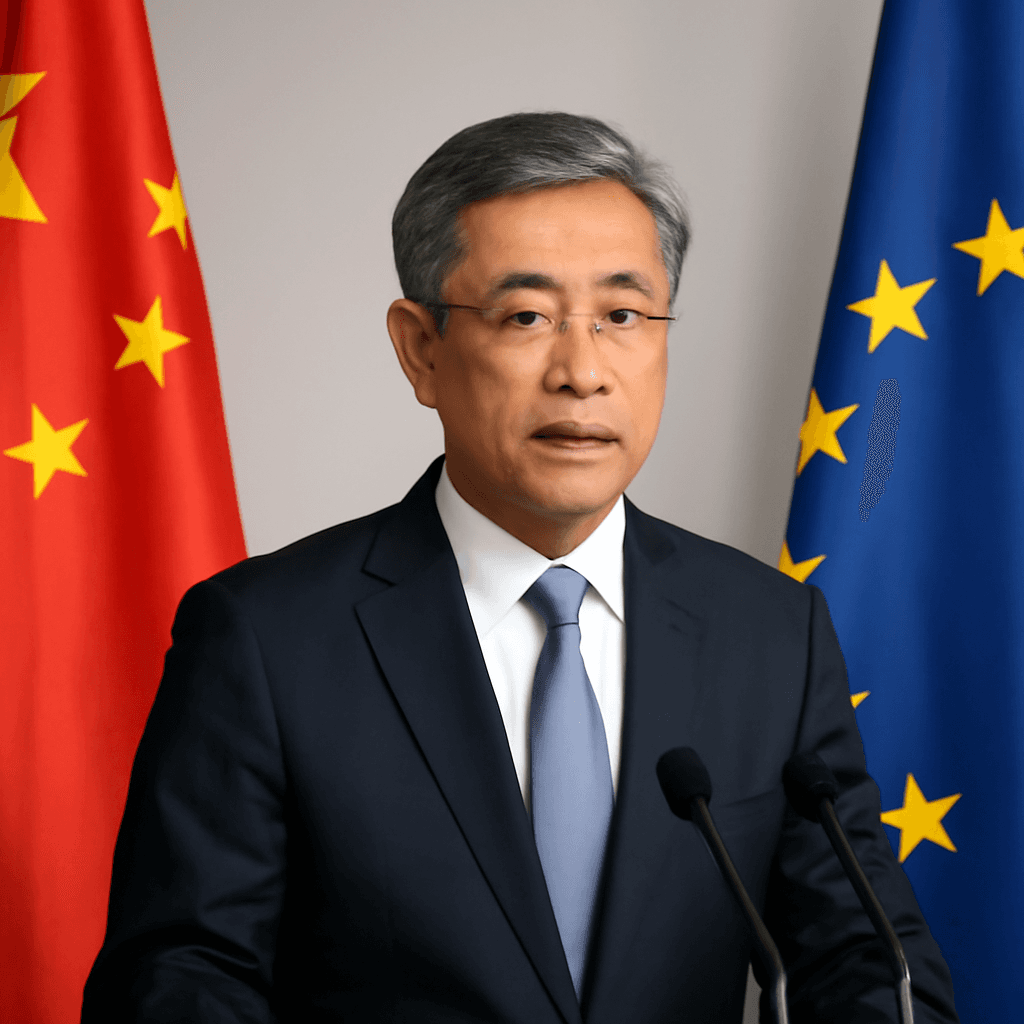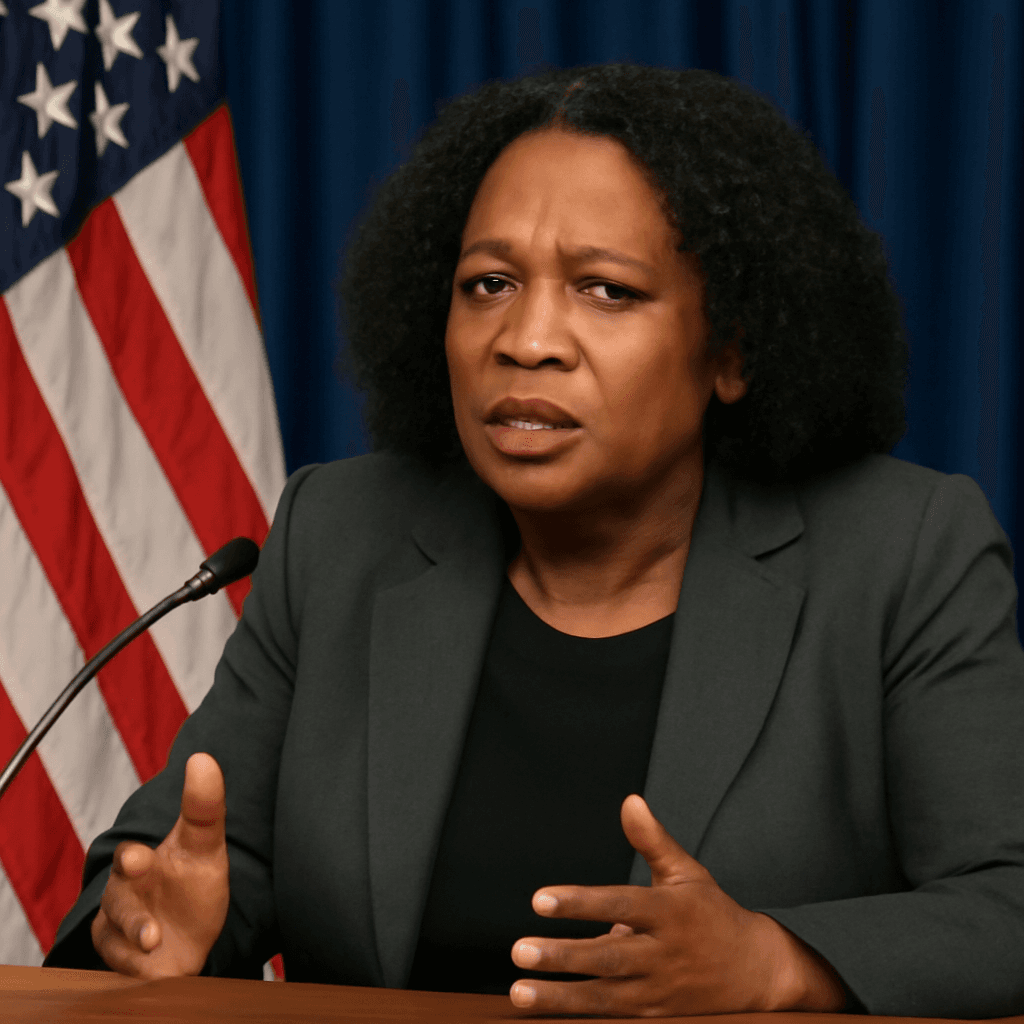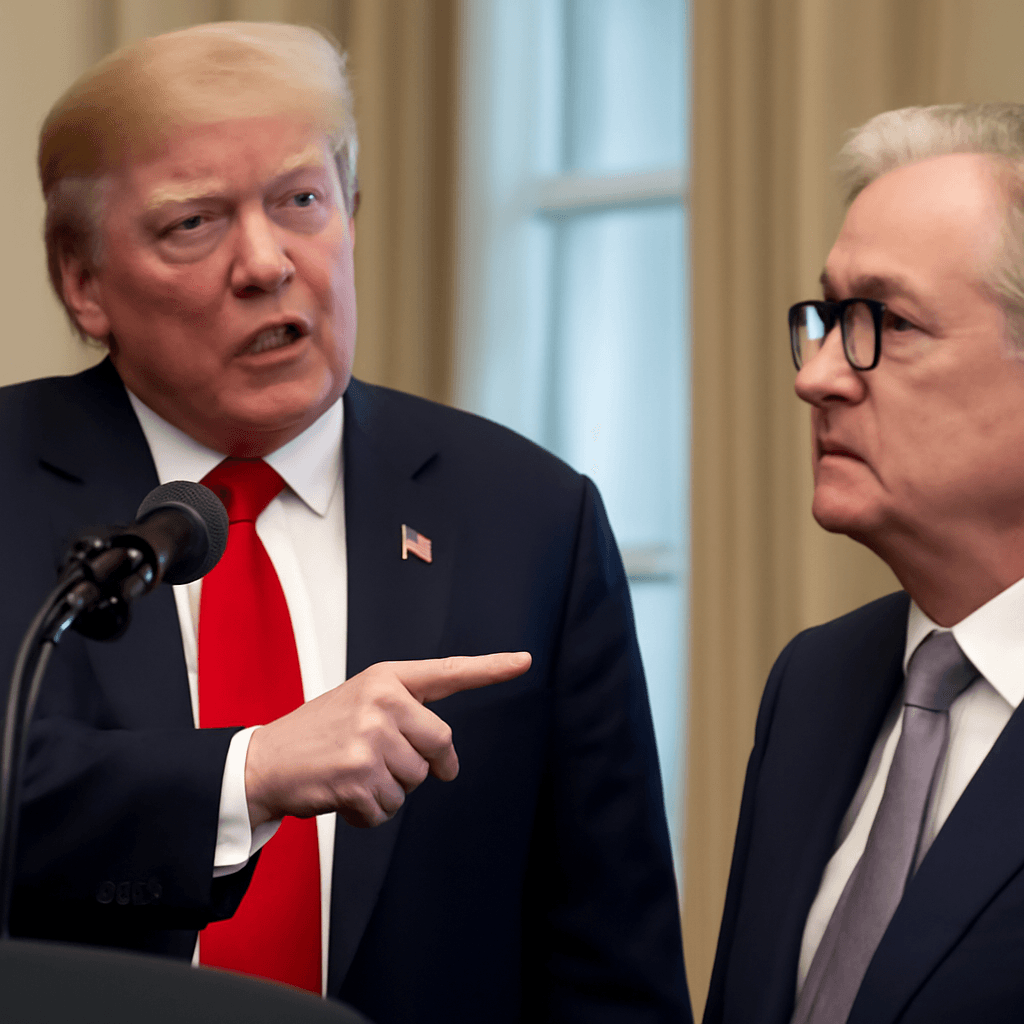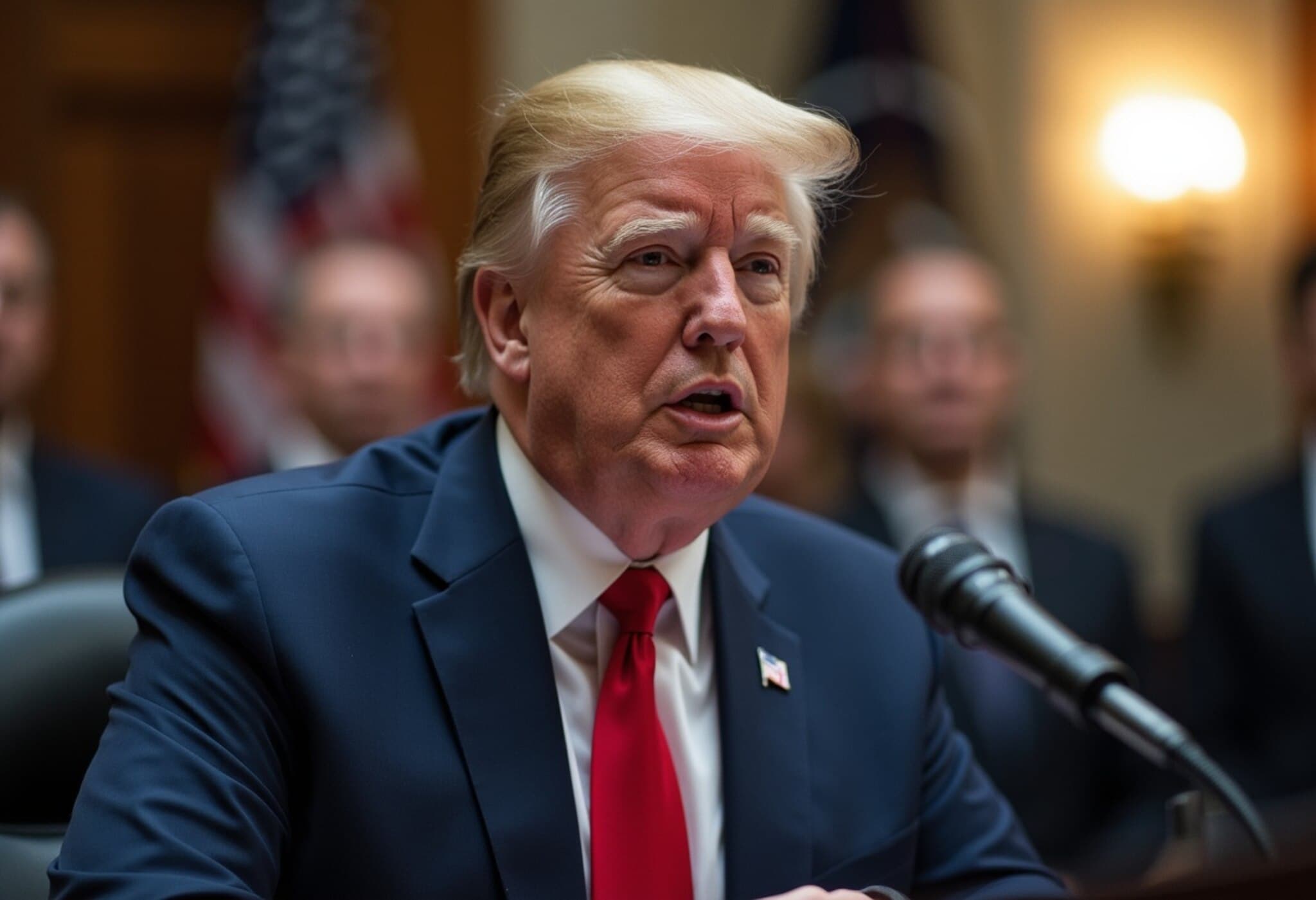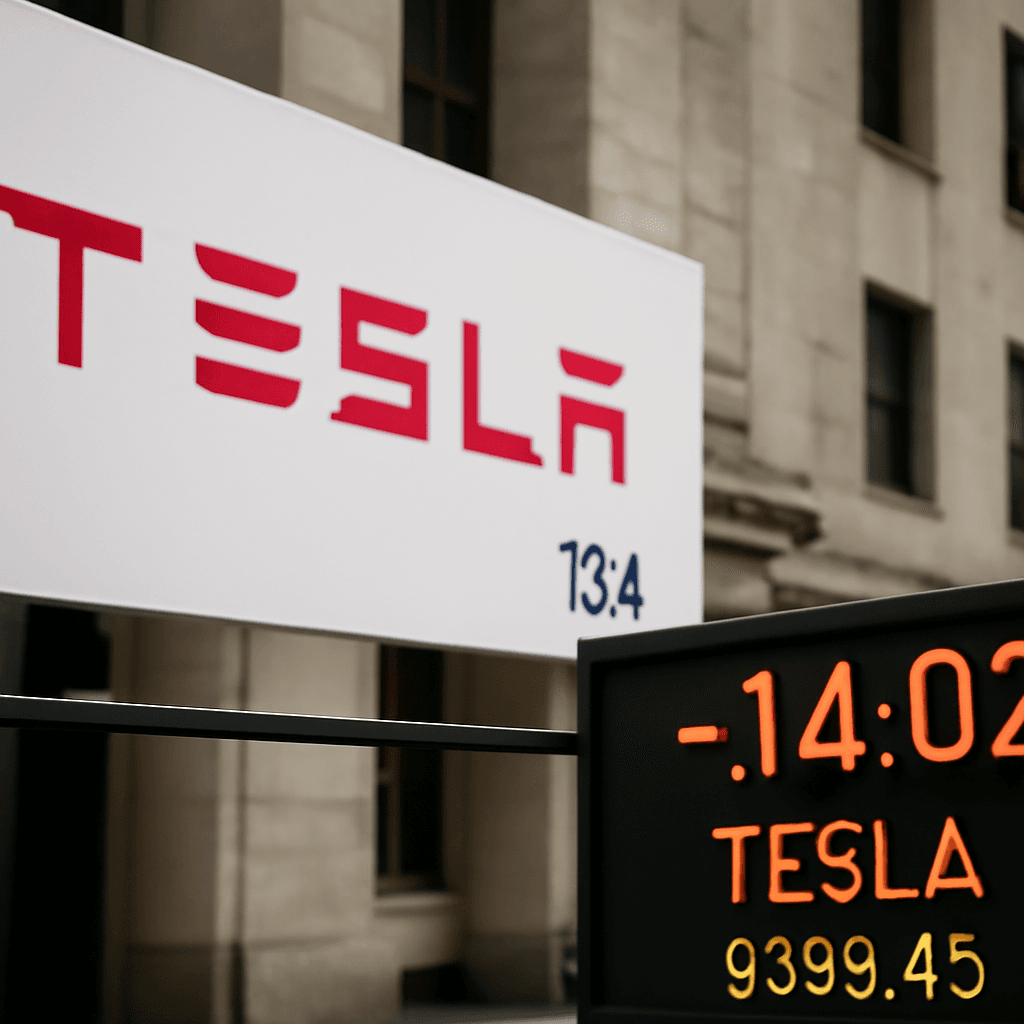US Treasury Advocates for Bank of Japan to Maintain Tightening Measures
The US Treasury Department has emphasized the importance of the Bank of Japan (BOJ) continuing its monetary tightening to foster a reversal of the yen's prolonged weakness against the dollar and to facilitate a more balanced bilateral trade relationship.
In its exchange-rate report to Congress, the Treasury stated, "BOJ policy tightening should continue to proceed in response to domestic economic fundamentals including growth and inflation, supporting a normalization of the yen's weakness against the dollar and a much-needed structural rebalancing of bilateral trade."
Guidance on Government Investment Practices
The report also urged that government investment entities, such as large public pension funds, pursue overseas investments for diversification and favorable risk-adjusted returns rather than attempting to influence exchange rates for competitive advantages.
This pointed commentary on Japan's monetary policy marks a significant focus by the US on BOJ's historically ultra-low interest rate regime, which many attribute as a contributing factor to the yen’s depreciation.
Japanese Government Response
Japanese Finance Minister Katsunobu Kato responded by noting that monetary policy decisions remain under the BOJ's jurisdiction. During a routine press conference, he said, "Based on this, we would like to refrain from making comments on what was pointed out in the report." Regarding pension funds, Kato commented it is natural for these funds to follow their own management strategies.
Exchange Rate Monitoring and Currency Manipulation
The Treasury’s 2024 assessment found no major US trading partner engaged in currency manipulation. However, Japan, along with China, South Korea, Taiwan, Singapore, Vietnam, Germany, Ireland, and Switzerland, remains under close scrutiny for foreign exchange practices.
BOJ's Recent Monetary Policy Moves and Economic Context
In 2024, the BOJ concluded its extensive monetary stimulus program and increased short-term interest rates to 0.5% in January, reflecting confidence in achieving its 2% inflation target sustainably.
Despite signaling potential further rate hikes, the BOJ revised down its growth forecasts in May due to economic pressures such as increased US tariffs. Market participants observe that the gradual pace of rate increases has been a key factor in sustaining the yen’s relative weakness.
Market Expectations
A market poll conducted in early May indicated that most economists predict the BOJ will keep rates steady through September, while a slight majority expect a rate increase later in the year.
Key Takeaways
- US Treasury advocates BOJ to continue tightening monetary policy.
- Focus on correcting the yen's weakness and promoting balanced trade.
- Government pension funds advised to invest abroad without targeting currency rates.
- No major currency manipulation detected among US trading partners in 2024.
- BOJ raised rates to 0.5% in January but growth forecasts revised downward.
- Markets expect stable rates in the short to medium term with possible hikes by year-end.




